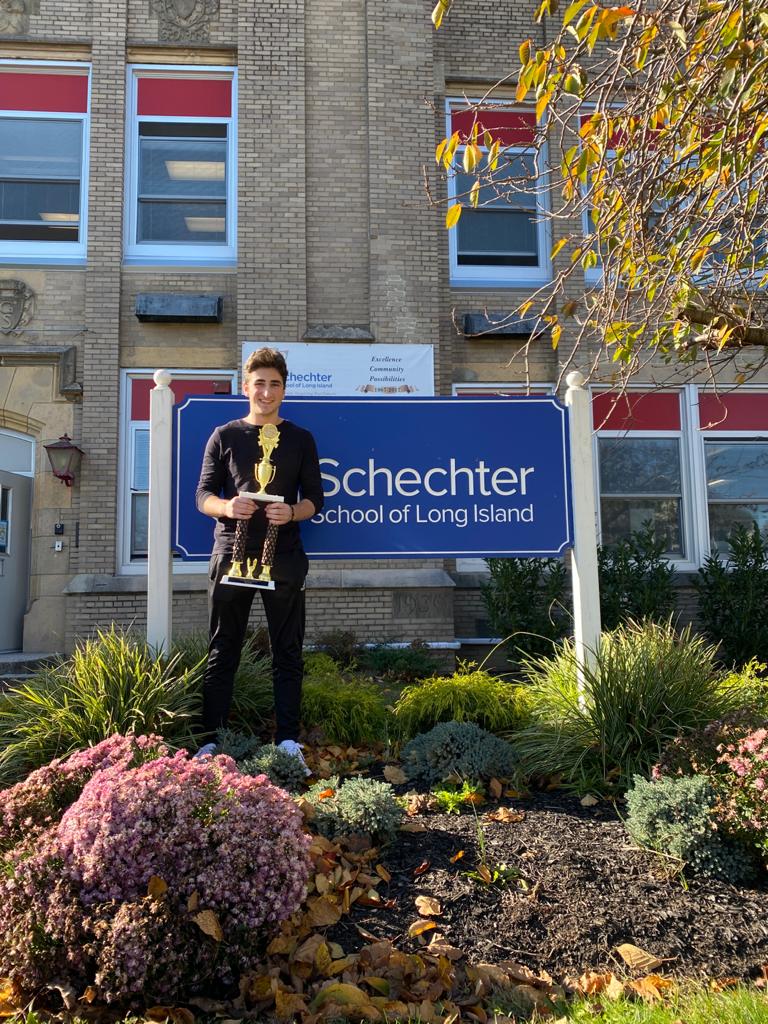
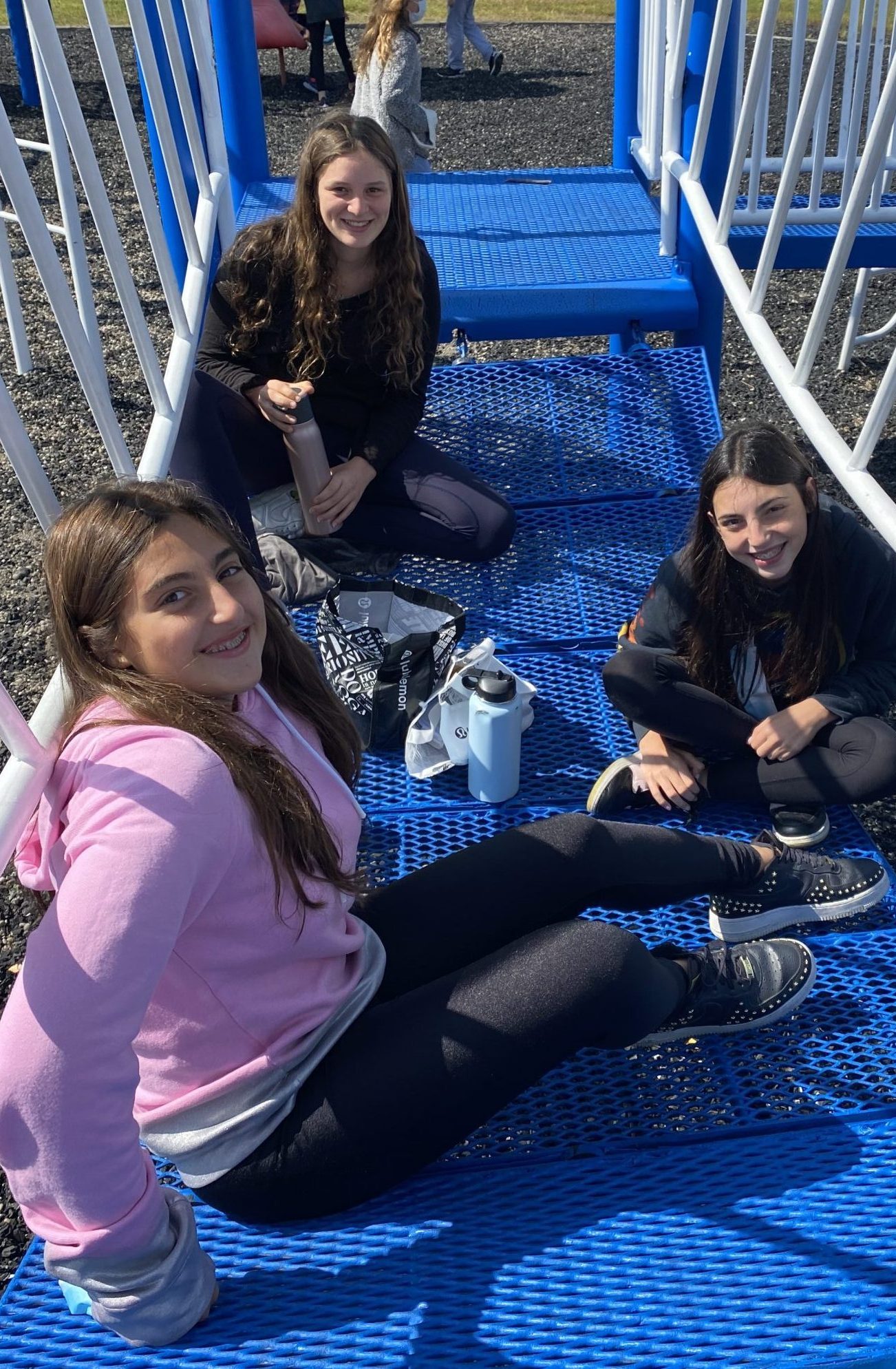
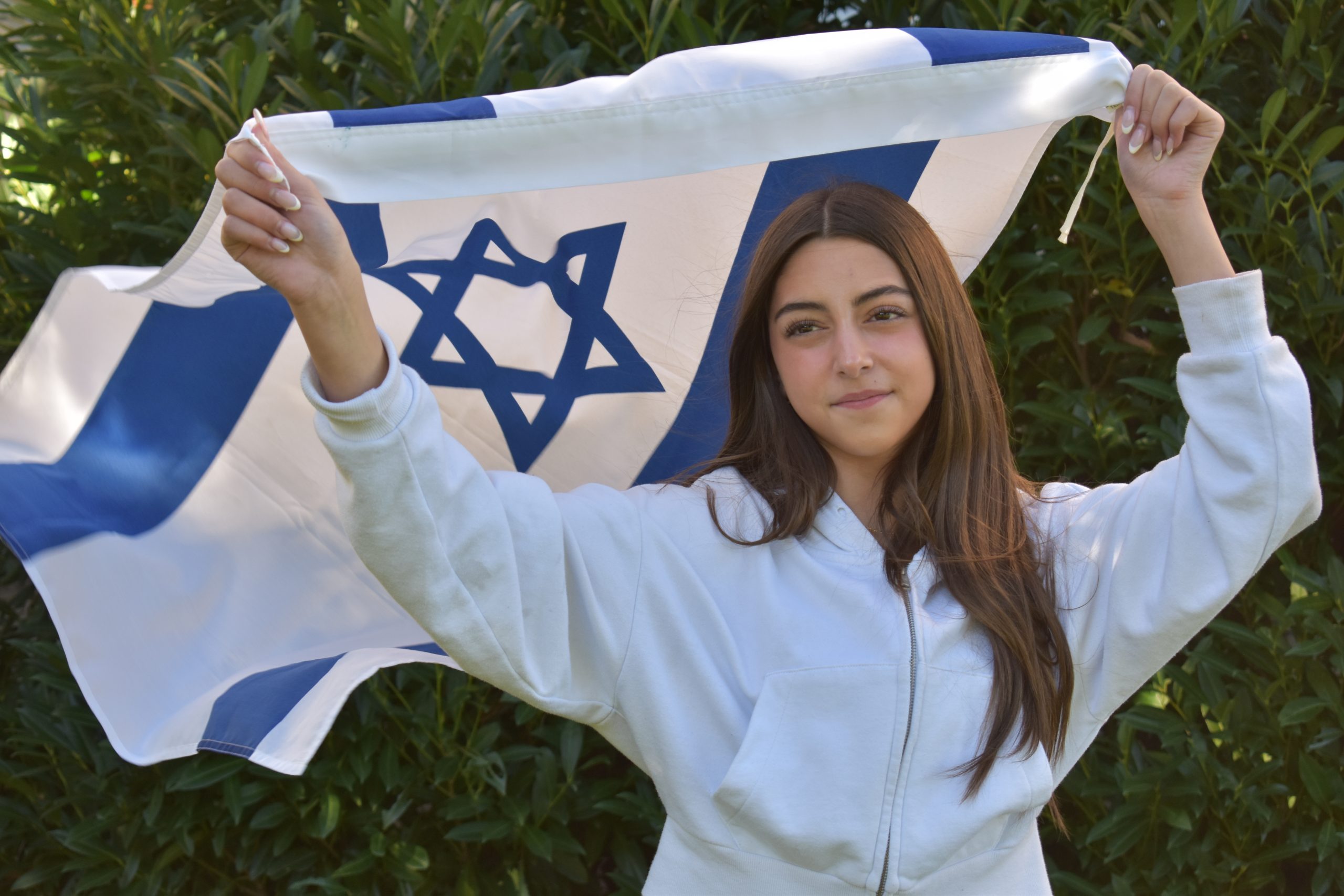
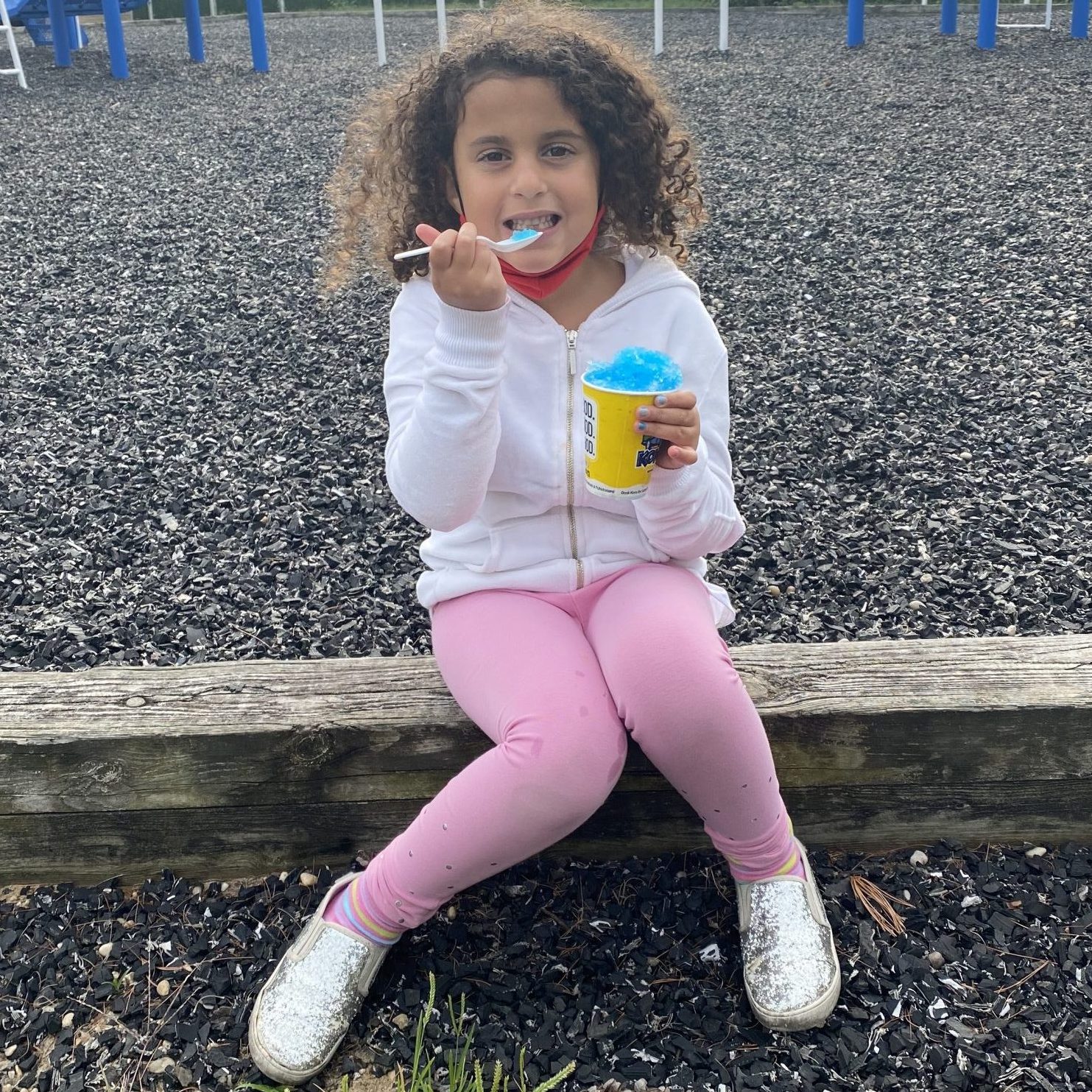
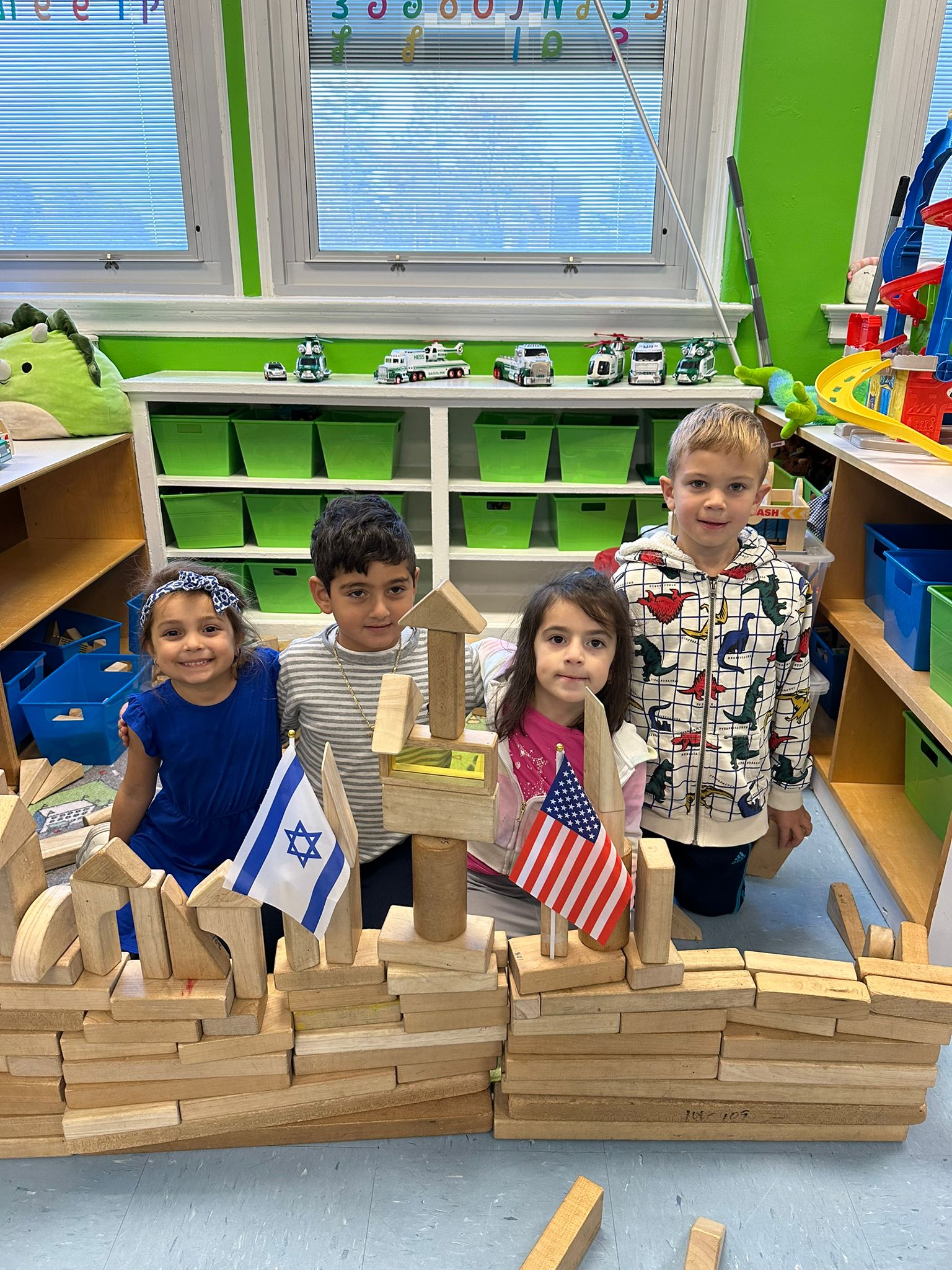
We pride ourselves in bringing out the best in all our students. Our courses are designed to enable differentiation for students who require support and for those who thrive on greater challenge.
We make English fun by encouraging a love of reading. Storytime is enriched with the inclusion of host authors and parents. Historical and fictional characters come to life through the use of dramatic elements in our classrooms.
Our students learn how to articulate their ideas and formalize their questions with clarity in a safe atmosphere. All types of learners participate in examining the components of speaking, listening, reading comprehension, grammar, and writing.
At Schechter, understanding math is a cornerstone of every student’s education. We emphasize being able to explain verbally and in writing the “whys” behind the equations.
We ensure students of all learning styles and abilities realize their potential by embracing hands-on activities, technology, small group, and whole-class instruction.
At SSLI, we prepare students for their roles as citizens and leaders both in our community and in the world at large.
Throughout the lower school, our students develop an appreciation for what makes them special: their family history, the neighborhoods they live in and the communities they are a part of. We recognize and honor diversity as a value and draw comparisons between culture, history, geography, and political and economic systems in the United States and other regions of the world.
Science is both exciting and awe-inspiring. Throughout the year, students are introduced to scientific phenomena that may literally make their jaw drop. They discover how the world works by being active participants in our highly interactive, hands-on lessons. Students develop their scientific thinking as they learn through inquiry: asking questions, making observations, explaining their reasoning, and putting their ideas to the test.
Children are curious. Our program fosters their curiosity, encouraging them to ask questions and design experiments to explore the world around them. Our experiments make use of everyday materials that are readily accessible in classrooms, homes, and local stores. Students learn that we can think like scientists all the time, and work like scientists every day with what we have around us. Through our experiments in physical sciences and engineering, students make interdisciplinary connections that weave together concepts and skills.
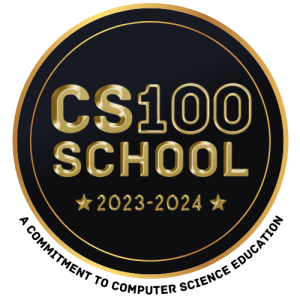 The ability to code computer programs is a crucial part of literacy in today’s society. Computational thinking helps young people learn to think creatively, reason systematically, and work collaboratively. When our K-5 students learn to code, they learn essential strategies for solving problems, designing projects, and communicating ideas.
The ability to code computer programs is a crucial part of literacy in today’s society. Computational thinking helps young people learn to think creatively, reason systematically, and work collaboratively. When our K-5 students learn to code, they learn essential strategies for solving problems, designing projects, and communicating ideas.
In addition to a dedicated computer class, technology at Schechter is integrated into the overall program. It is our philosophy that since technology surrounds us, its knowledge and skills are best learned through active participation.
The Elementary Art Program at Schechter School of LI focuses on providing enriching art experiences while learning about art in history, and culture. The program’s goals focus on developing skills with tools and medium, understanding art concepts, and helping students to develop an appreciation of art by exploring its significance in our world.
Music is a way of life at SSLI. The school year is packed with performances by our music ensembles, and every school day sees our halls, auditorium, and music laboratory filled with song.
Our students love music because we teach it through a variety of methods. We offer traditional discussions of rhythm and notation, composers and instrument families. In addition, we emphasize how music can be a vehicle for learning about emotions, Jewish/World history and culture, musical math and much more.
Active bodies equal stimulated minds.
Our physical education program provides a variety of learning experiences by offering age-appropriate activities, as well as teaching children health and wellness topics. We provide students with the knowledge and skills to participate in physical activities that will benefit them for a lifetime.
Judaic Studies are a way of life, a celebration of the children’s heritage. Through discussion, critical thinking, creativity, and project-based learning, our young students, learn about the history of our people, our diversity, and the faith that binds us together.
It is a process that comes to life through prayer, Torah study, holiday celebrations, learning about ancient and modern Israel, and Hebrew language. This process encourages each child to form a deep and personal understanding of Judaism, laying the basis for their Jewish identity into adulthood.
For our students, the Hebrew language is more than a second language, it is the story of our peoplehood. This ancient tongue, the language of our sacred texts and the Torah, is revived and spoken by our people around the world and children just like them in Israel.
Speaking more than one language improves memory, problem-solving and critical thinking skills, concentration, ability to multitask, and listening skills.
Our aim in language instruction is for the children to gradually become proficient in Hebrew, building upon the four pillars of language- listening, speaking, reading, writing.
Our unique liturgical music program explores the musical origins of our tradition, the role of music in our history and Tefila (prayer).
In class, we explore various Jewish communities around the world and learn their special nusach (style) of chant. Liturgical music classes are directly connected to our Global Jewish Story initiative, which celebrates our diversity and peoplehood.
Students compose their own melodies for Tefilot (prayers), which express their own feelings and hopes. Their melodies become integrated into our class tefilah, alongside the time-honored melodies that have been with us for generations.